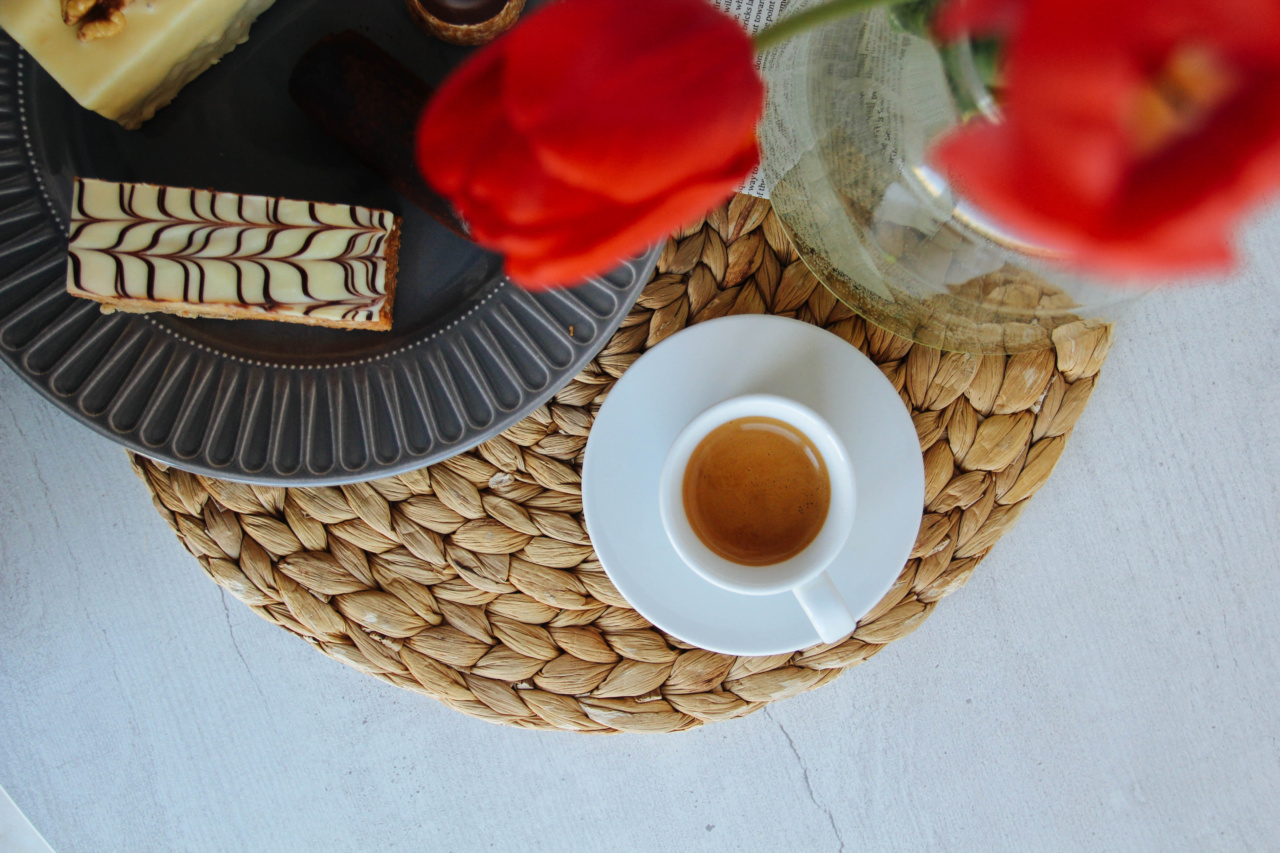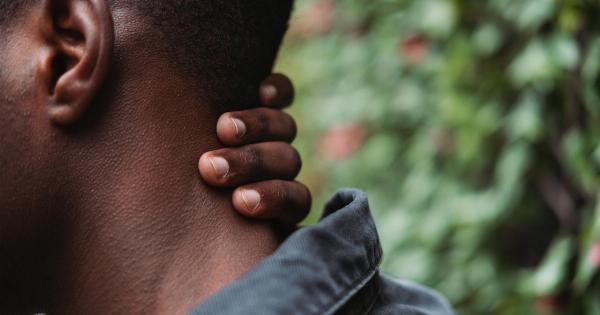Having a flakey scalp can be embarrassing and uncomfortable. It can cause itching, irritation and even hair loss.
There are several different causes of flakey scalp, but fortunately, there are also many effective treatments available that can help you get back to enjoying healthy, beautiful hair.
What is flakey scalp?
Flakey scalp is a condition where small, white or yellowish flakes appear on the scalp. These flakes often become itchy and can cause irritation. Flakey scalp can also cause the hair to become dry and brittle, resulting in breakage and hair loss.
What causes flakey scalp?
There are several different causes of flakey scalp, including:.
Dandruff
Dandruff is a common condition that causes flakes to appear on the scalp. Dandruff is caused by a buildup of dead skin cells, which can be triggered by stress, hormonal changes, certain hair products, or poor nutrition.
Seborrheic dermatitis
Seborrheic dermatitis is a condition that causes flakey, red patches on the scalp and skin. This condition is caused by an overgrowth of yeast on the scalp, and can be triggered by stress, illness, hormonal changes, or certain medications.
Psoriasis
Psoriasis is an autoimmune condition that causes the skin to become dry and inflamed. This can result in red, scaly patches on the scalp and skin.
Fungal infection
A fungal infection can cause flakey scalp, as well as other symptoms such as itching and redness. Fungal infections can be caused by poor hygiene, using contaminated hair styling tools, or sharing hairbrushes or combs.
Scalp irritation
Scalp irritation can be caused by a variety of factors, including harsh hair products, tight hairstyles, or exposure to hot or cold weather. This irritation can cause the scalp to become dry, itchy, and flakey.
How is flakey scalp treated?
The treatment for flakey scalp depends on the underlying cause of the condition. Some common treatments include:.
Medicated shampoos
Medicated shampoos are often used to treat dandruff and seborrheic dermatitis.
These shampoos contain active ingredients such as salicylic acid, tar, or zinc pyrithione, which work to slow down the production of skin cells and reduce itching and irritation.
Prescription medications
In more severe cases, prescription medications may be needed to treat the underlying condition. These may include topical corticosteroids, antifungal creams, or immunomodulators.
Change in hair care routine
Changing your hair care routine can also help to prevent and treat flakey scalp. This may include switching to a milder shampoo, avoiding hair products that contain alcohol or fragrances, and avoiding tight hairstyles such as braids or ponytails.
Diet changes
Dietary changes can also help to improve the health of your scalp and hair. Eating a diet that is rich in vitamins and minerals, such as iron, zinc, and vitamin E, can help to promote healthy hair growth and prevent flakey scalp.
When to see a doctor
If you are experiencing persistent flakey scalp, it is important to see a doctor or dermatologist. They can perform a physical exam and determine the underlying cause of your symptoms.
They may also be able to prescribe a more effective treatment plan if over-the-counter options have not been successful.
Preventing flakey scalp
Preventing flakey scalp is easier than treating it. Some ways to prevent flakey scalp include:.
Maintain good hygiene
Wash your hair regularly and avoid sharing hairbrushes or combs with others. You should also avoid using hair styling tools that are not clean or have been used by others.
Avoid harsh hair products
Avoid using hair products that contain alcohol, fragrances, or other harsh chemicals that can irritate the scalp. Instead, choose milder, more natural products that are less likely to cause irritation.
Eat a healthy diet
Eating a diet that is rich in vitamins and minerals can help to promote healthy hair growth and prevent flakey scalp. Foods that are rich in iron, zinc, and vitamin E are particularly helpful.
Conclusion
If you are experiencing flakey scalp, it is important to determine the underlying cause of your symptoms in order to find an effective treatment plan.
By maintaining good hygiene, avoiding harsh hair products, and eating a healthy diet, you can also help to prevent flakey scalp from occurring in the first place.






























